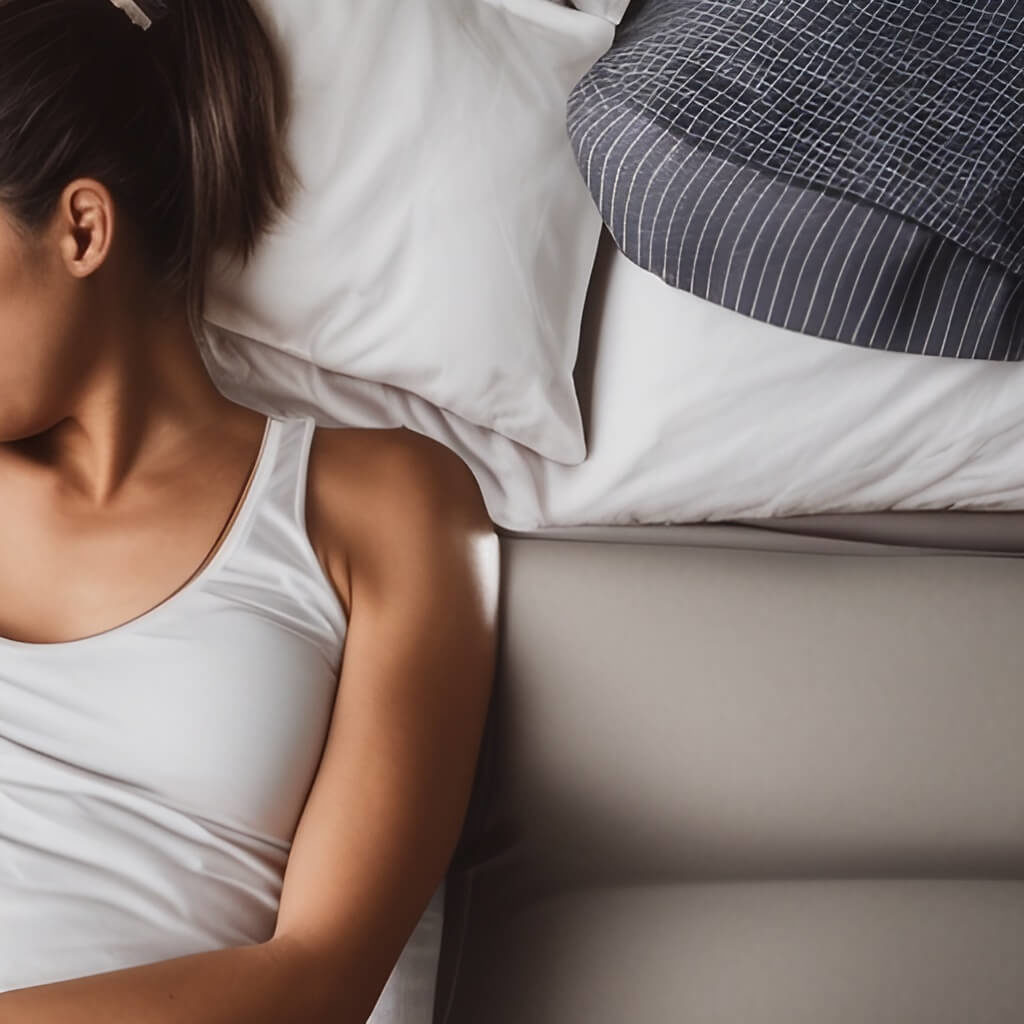If you’re like most people, you probably think of sleep and fitness as two completely separate entities. You might be under the impression that sleep is a waste of time, and that the only way to achieve optimal health is through hours at the gym. However, what if we told you that getting good sleep was just as important as hitting the treadmill? Believe it or not, there is a strong connection between sleep and fitness – and ignoring either one can have serious consequences for your health. In this blog post, we will explore the sleep-fitness connection in depth and show you why it’s so important to get both adequate amounts of each!
Most people know that exercise is important for overall health, but few realize just how beneficial it can be for sleep. Exercise has been shown to improve sleep quality and reduce the risk of sleep disorders like insomnia, as well as lowering the chance of restless leg syndrome and sleep apnea. In fact, regular exercise is one of the most effective natural treatments for insomnia. If you’re having trouble sleeping, a moderate workout routine may be just what you need to start getting better quality shut-eye.
Sleep is critical for optimal health, yet many people don’t get enough of it. In fact, according to the CDC, one in three adults in the United States doesn’t get enough sleep on a regular basis. Getting insufficient sleep can lead to a number of health problems, including obesity, diabetes, and heart disease. It can also affect your mood, cognitive function, and immune system.
There are a number of things you can do to get better sleep, but one of the most important is to exercise regularly. As we mentioned earlier, exercise has been shown to improve sleep quality and reduce the risk of sleep disorders. It can also help you fall asleep faster and sleep more deeply. If you’re not getting enough exercise, now is the time to start!
In addition to exercise, there are a few other things you can do to improve your sleep quality. One is to avoid caffeine before bed. Caffeine can stay in your system for up to eight hours, so it’s best to avoid it in the evening. You should also avoid eating large meals before bed, as this can lead to indigestion and disrupt your sleep. Finally, try to establish a regular sleep schedule and stick to it as much as possible. Going to bed and waking up at the same time each day will help your body get into a regular sleep rhythm. Another way to help you fall asleep is listening to a sleep meditation on your phone. “Get Sleepy” is a favorite of mine, but Insight Timer and Calm also come highly recommended.
Getting enough exercise and following good sleep hygiene practices are two of the best things you can do for your health. If you’re not getting enough of either, now is the time to make a change. Your body will thank you!











